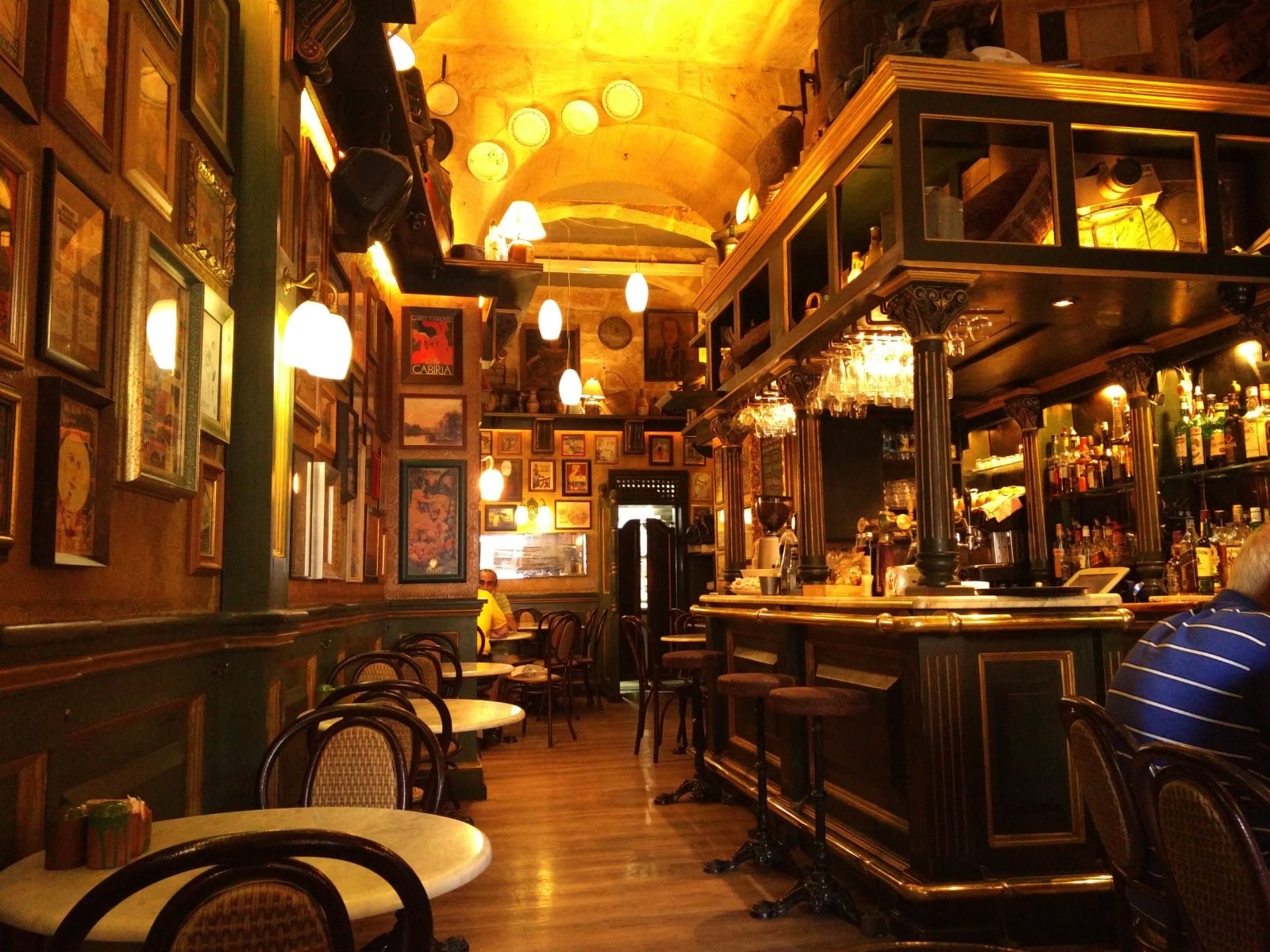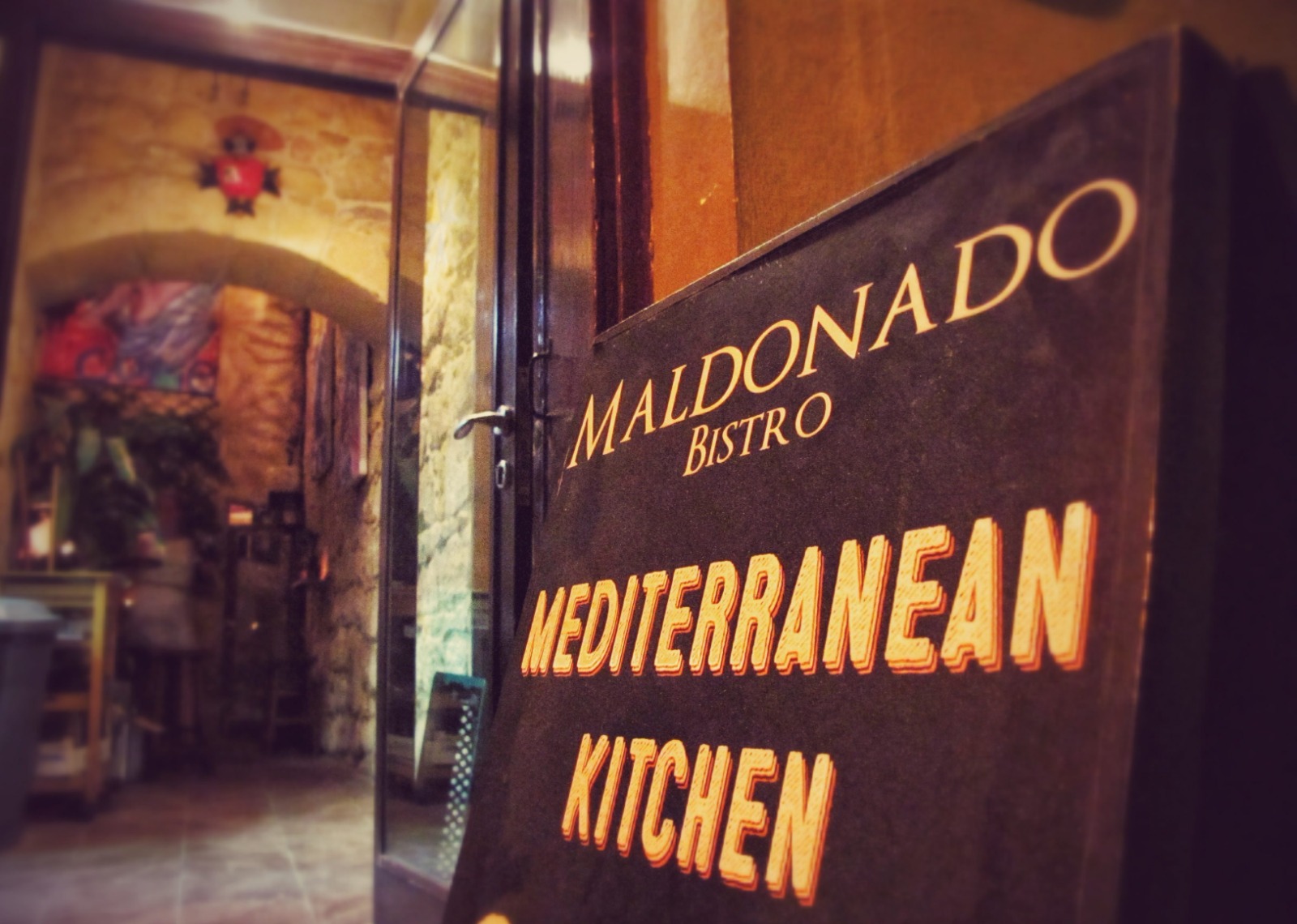Gozitan restaurant owners and managers have highlighted the importance of inbound foreign tourism for the island’s catering industry this summer.
While Maltese restaurants have largely struggled during the COVID-19 pandemic, Gozitan restaurants saw a wave of Maltese tourists heading to the island, partially cancelling out the drastic effects of the pandemic.
Gozitan restaurants are expecting a better summer than the previous two in terms of bookings, especially due to the removal of most of the restrictions that limited the dining out experience.
However, this summer they also “need to compete with all the upcoming outdoor events while visitors from Malta to Gozo should decrease as they will opt for an external holiday instead,” Maldonado Bistro owner George Larry Zammit said.
Despite the easing of restrictions, restaurants have tended to keep some of the COVID-19 measures in place, while others have pushed for a route back to pre-pandemic means of operations.
Both Jubilee Group Managing Director Anthony Scicluna and Drew’s Siclia in Bocca owner Andrew Debattista Segond said that they will be keeping QR-coded menus, as well as sanitisers across several parts of their respective restaurants, such as at front doors and near toilets.
Mr Scicluna added that the pandemic has also allowed for a complete upheaval of restaurants in terms of hygiene, with there being “better monitoring of cleanliness throughout the whole industry.”

Cafe Jubilee Gozo / Website photo
It-Tokk manager Charlotte Daniels said that certain hygienic measures will be maintained, such as the use of disposable kitchen cloths to help reduce the risk of infection, yet other measures like table distancing have been removed.
Contrastingly, Mr Zammit remarked that his restaurant has returned to normal as it was prior to the pandemic, adding that restaurants shouldn’t “look back”.
When asked whether they think people are still cautious about going to restaurants, there were largely mixed responses, with many saying that people aren’t scared of the pandemic anymore, while Mr Scicluna explained that some people remain slightly cautious, and that it is “all about personal perception”.
Due to this element of caution and the temporary closure of restaurants during the heights of the pandemic, several customers opted for delivery services rather than a very limited dining out experience.
However, this rise in delivery orders is set to drop according to Gozitan restaurants, with Mr Scicluna saying: “People are craving going to restaurants, as they want to go for the experience of going to a restaurant, not just to eat.”
Ms Daniels remarked that while some prefer deliveries, “people are dying to get out” and go to restaurants instead of staying at home.
Restaurants will need both dining numbers and delivery orders to thrive in the summer, especially since the Government’s wage supplement ended in May, one of the ways they were financially assisted throughout the pandemic.
“Considering the assistance provided in other countries, I believe the assistance in Malta was quite generous and we would be incompetent if we still depend on it,” Mr Zammit added.
Agreeing with him, Mr Scicluna said that “Restaurants have to find a way to live without it, as while cost of sales and other costs will increase due to its removal, restaurants have to find workarounds to maintain good levels of income even without it,” and “Realistically, at some point it had to end.”
Others were more pessimistic regarding its removal, as while everything seemed perfect for it to be removed, Ms Daniels emphasised how during the winter months It-Tokk normally ends up “working with pensioners who are more cautious” due to the drop in tourism.
Restaurants that opened during the pandemic were left without any form of wage supplement, said Mr Debattista Segond.
“We never had any wage supplement, as I opened the restaurant mid-COVID and so couldn’t benefit from it,” he said.
As a result of the conclusion of the wage supplement scheme, Gozitan restaurants need to find a way to make up for the last two years by having a fruitful peak season.
Mr Scicluna highlighted the importance of keeping tourist spots clean so both Malta and Gozo are seen as “more attractive to tourists,” thus aiding the catering industry in its recovery.

Maldonado Bistro Gozo / Website photo
“People will want to travel, and so this will hopefully make up for lost time,” explained Mr Zammit.
However, this works both ways for Gozitan restaurants.
Previous travel restrictions limited Maltese customers to see Gozo as a holiday destination instead of going abroad, leading to several Gozitan restaurants having relatively normal levels of income last summer, with Mr Zammit remarking that “Maltese customers had nowhere to go but visit Gozo,” yet this summer will be “a different story and the prospects are not so obvious.”
“Foreigners will be crucial to Gozitan restaurants, as the Maltese will probably see the loosening of travel restrictions as an opportunity to travel abroad more rather than seeking Gozo as a holiday destination, and therefore it comes back to the question of attracting a good level of foreign tourists,” Mr Scicluna said.
Uncertainty regarding tourism isn’t the only concern for Gozitan restaurants, with there being a huge demand for staff that isn’t being met.
“Staff is definitely a challenge, as it is very hard to find any locals that want to work in catering,” Ms Daniels said.
Mr Zammit also expressed his concern about this, saying that people are also part of the product, and so when tourists visit, they would like to receive the full Mediterranean experience, including those who serve them.
With both Malta and Gozo set to welcome their first summer since 2019 without any restrictions, consumer demand is expected to rise, and therefore being adequately prepared to meet it is a must.
Main Image:
